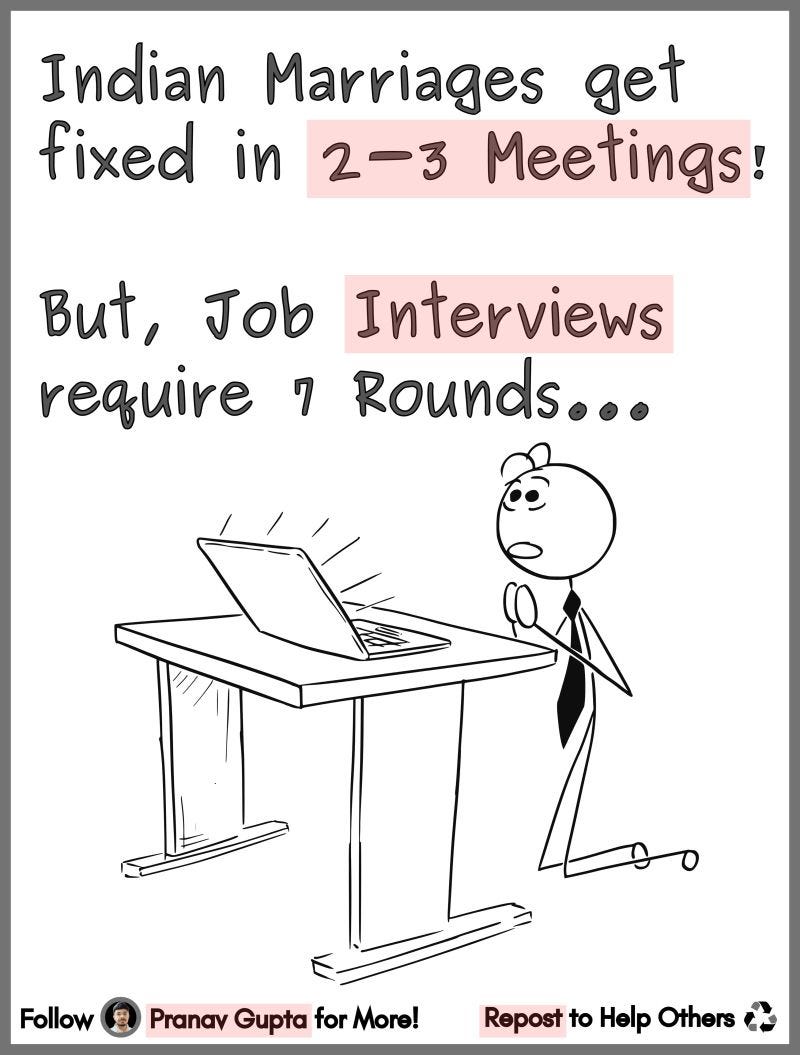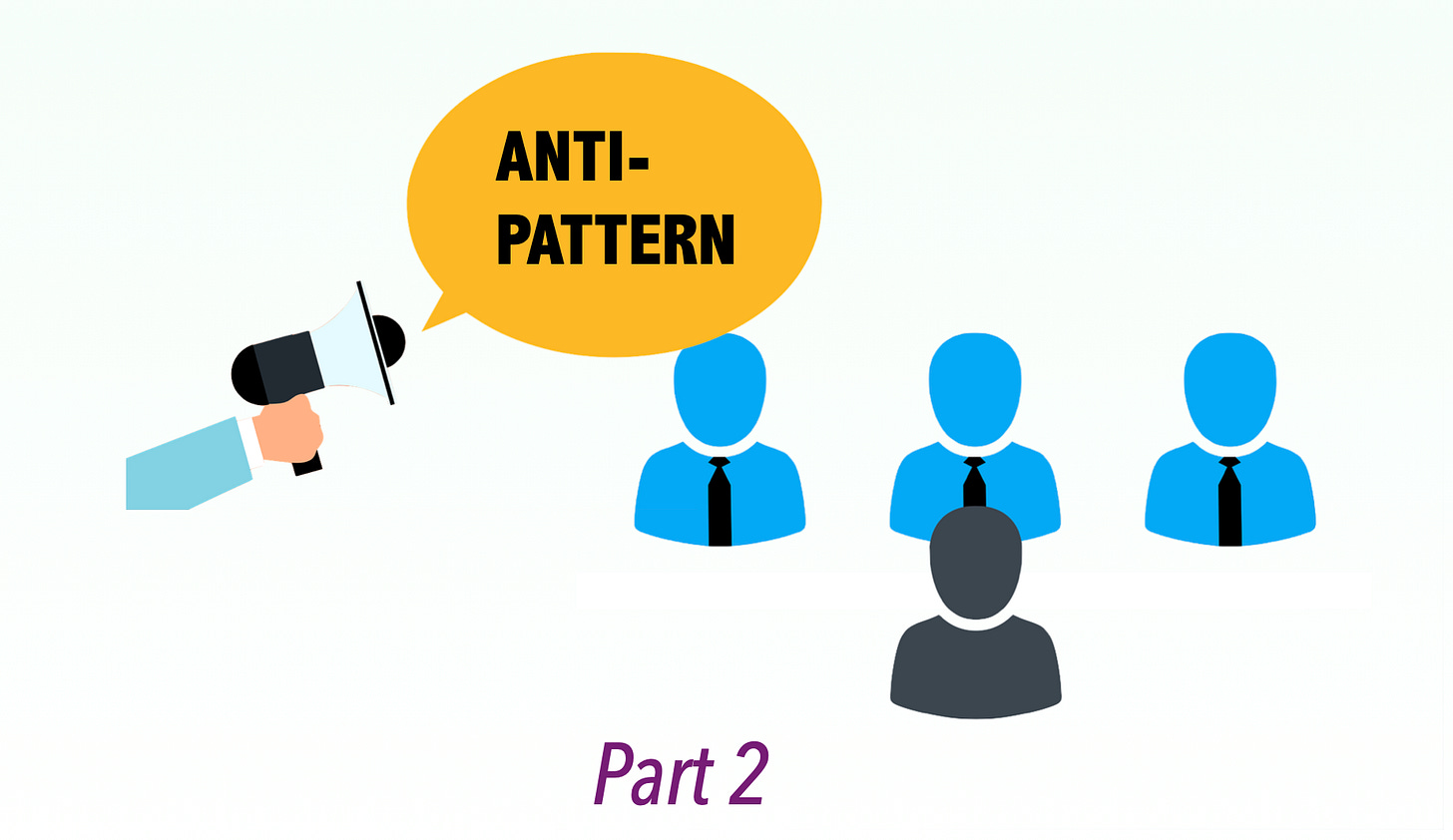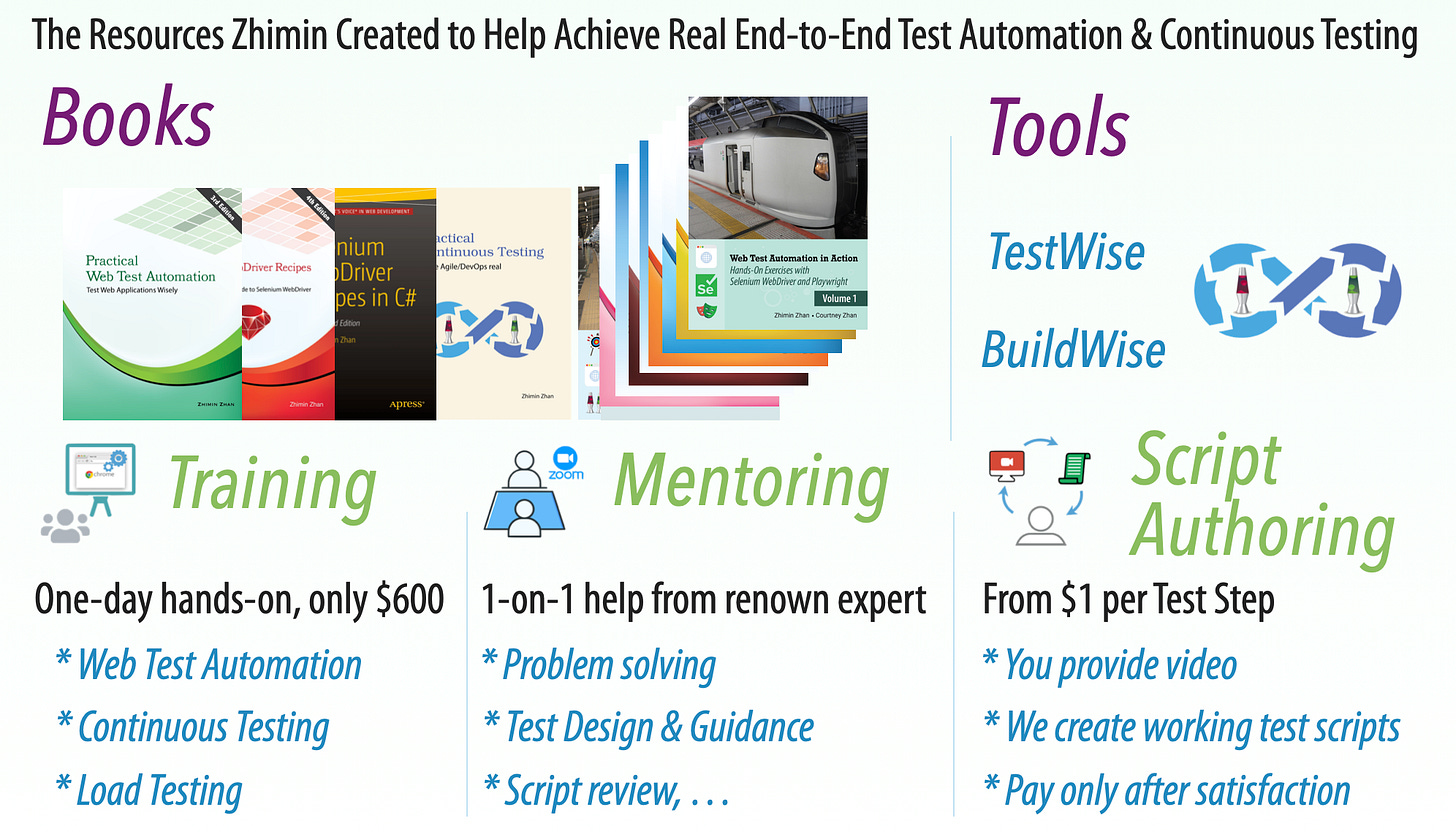Software Engineer Hiring Anti-Pattern #2: Too Many Rounds of Interview
Unnecessary. Deterring talented individuals.
In this series:
Anti-Pattern #1: Asking About Impractical Knowledge the Team Hasn't Used in Years
Anti-Pattern #2: Too Many Rounds of Interview
Among the approximately 600 articles I published over the past four years, the most popular one (1500+ claps) is “What Happened to ThoughtWorks?”.
Out of 21 comments, three of them—including some ex-TWers, a shorthand for ThoughtWorkers—criticized the ThoughtWorks interview process.
“I am an ex-TWer. If I were to number reasons, I would say:
1. Bad leadership.
2. Bad hiring practices”
“ThoughtWorks was supremely arrogant, dismissive, and cold in its interviewing process.”
“I've briefly been in one of their hiring processes and from the get go they were giving you the vibe that you should feel "privileged" to even be considered from one of their recruiters. That was a super red flag for me.”
Please note, that my article is about the failure of E2E Test Automation and Continuous Testing at ThoughtWorks, ironically, both of which were started by ThoughtWorks.
Why were there criticisms of ThoughtWorks' interview process? I have near-firsthand experience with this. In the early to mid-2000s, ThoughtWorks was undeniably a leader in agile software development, known for its impressive products created by ThoughtWorkers, such as:
Watir
Selenium
JWebUnit
CruiseControl
They also advocated for the use of Ruby in enterprises. However, ThoughtWorks declined after deviating from its initial initiatives. (All ThoughtWorks’ E2E test automation and CI products failed, such as Twist, Gauge, Cruise CD and Go CD)
Becoming a ThoughtWorker was a source of pride. I once considered applying for a job at ThoughtWorks —with a referral from a friend who worked there—but ultimately chose not to after learning about its extensive interview process.

In a way, I managed to avoid the frustrations of the abovementioned experiences.
Back to the job interview, I don’t think asking more questions and doing more code exercises (many rounds of them) are helpful. Lengthy interviews are costly (time, i.e. money) for both parties. Even if a top-tier company is very careful in its hiring process, having selected candidates work for a day (and compensating them) is a much better and more cost-effective approach. By the way, this is the approach used by 37signals.
Besides, Top software engineers are not that desperate for a job. (ThoughtWorks vested share options turned out to be almost worthless)
As we know, when a skilled software engineer begins to consider leaving their current job, they become open to other options and are more likely to entertain offers from companies that actively reach out to them.
Below are Elon Musk’s preferred interview questions (only two).
These seemingly ultra-simple interview questions appear to have worked quite well for Elon Musk's companies.
And I will share some interview tips in future articles.
Related reading:






